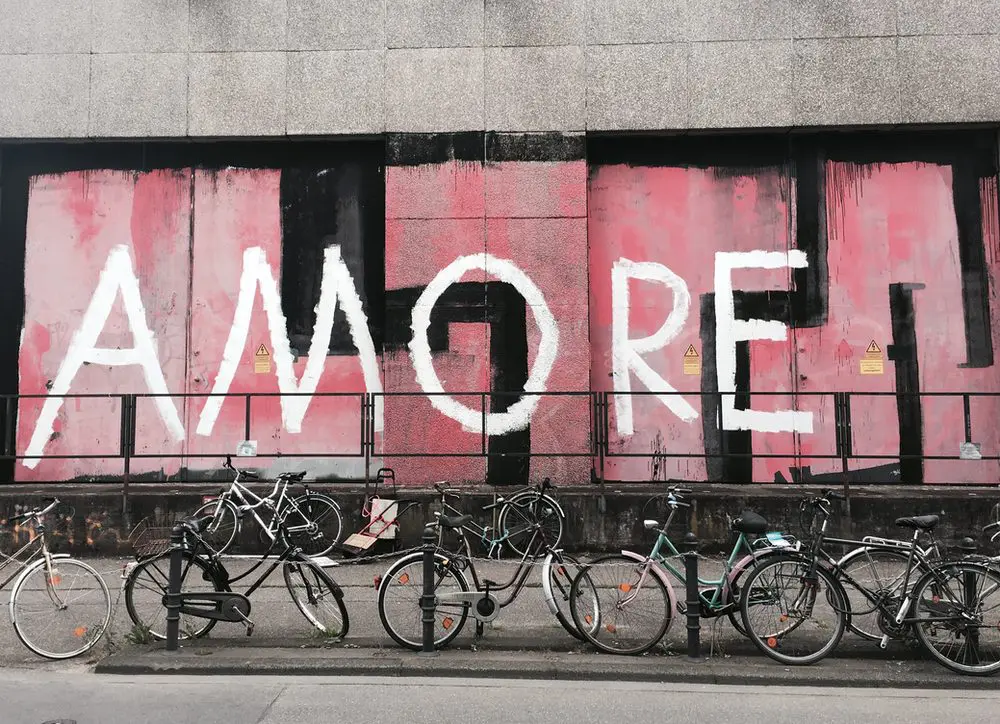Urban Ministry is Complicated

Urban Ministry is messy. It involves loving all people. Some come into our stream of Consciousness with messy and broken lives. Because of the struggles their lives have gone through that makes our ministry with them will look messy. Our need to include others makes our partnerships with community leaders and congregations outside the comfort zone of our tribe look messy. But our message is unchanged. Our purpose is obvious. We preach Christ and Him Crucified! – Keith Haney
I need to begin this discovery process to figure out how we witness to those in our cities. I want you to know my roots. Honest reflection is good for the soul and transparency. I did not grow up in the bright lights of the city. I grew up in a medium size southern city. We had only one tall building in my town and no downtown area. When I graduated from the seminary, I had no desire to do urban ministry. My intern year in Detroit was more than enough of the big city. To be clear, not that I was afraid of urban ministry. I know some who are just terrified of being in the city. There are reasons to be fearful, or at the very least, cautious. Urban pastors and congregations daily face real life and death issues right outside your door. If we were to ask them, they could share stories of real human hurt and pain.
That one story that remains frozen in my memory bank took place over ten years ago. In one parish I served, about twenty minutes after our elementary school’s spring musical, there was a drive-by shooting on the steps of our church. I came back the next day and saw the bullet holes. Left in the aftermath was a twenty-four-year-old man whose life they snuffed out and the funeral was at our church.

A funeral attended by his fellow gang members. His life was shortened and his toddler daughter and unwed mother were left with an uncertain future. He had big plans to move to Atlanta and start fresh. The city streets have a way of changing dreams in an instant. Two minutes changed the course of their history in the blink of an eye. I don’t write this article to appear as some know-it-all expert in urban ministry because I am not. It was thirteen years of mistakes and a lot of on-the-job training. You can check my head for the bumps of experience. If you asked me about how to do ministry in the Deep South, that would be an area I could talk about with some level of confidence. Or if you wanted to talk about doing ministry with college students, that was where my passion was, but that door never opened. God placed me in the city centers of Detroit, St. Louis, Milwaukee, and Chicago and God said: “Go!” My answer was, “Who me, and are you sure?”
The needs are great; the resources are limited, but we are called to help.
I am not a big fan of the writings of James, the brother of Jesus. He is a little too blunt for my taste. For example, the way he talks about faith in chapter 2. Just read this.
What good is it, my brothers, if someone says he has faith but does not have works? Can that faith save him? If a brother or sister is poorly clothed and lacking in daily food, and one of you says to them, “Go in peace, be warmed and filled,” without giving them the things needed for the body, what good is that? So also faith by itself, if it does not have works, is dead. But someone will say, “You have faith, and I have works.” Show me your faith apart from your works, and I will show you my faith by my works. You believe that God is one; you do well. Even the demons believe—and shudder! Do you want to be shown, you foolish person, that faith apart from works is useless? Was not Abraham our father justified by works when he offered up his son Isaac on the altar? You see that faith was active along with his works, and faith was completed by his works; (ESV) James 2:14–22
People often ask me as a former urban pastor isn’t ministry in the burbs is the same as in the city. Don’t all people have “stuff” to deal with in their lives? Isn’t their brokenness all over? Don’t all people need the same, Jesus? The answer to all those questions is a big “YES!” And here it comes, “But” poverty is a major problem in most cities. You cannot do effective urban ministry outreach without addressing the felt needs of the people struggling in our communities. The connecting point with people is the services or ministries our congregations provide to the urban poor and under-resourced. There is a collaborative relationship between outreach to the needy and an urban church. As James points out in the verse above, it is hard to connect someone to a church who is struggling with the daily concern of having their necessities met. Just saying, Jesus loves you do not address their needs. Faith is connecting the Gospel in concrete ways. The probing theological question asked by James gets right to the heart of the question of urban ministry must seek to answer. And this is not only an urban ministry question, it is a question the church doing ministry among all people must struggle with as well. If a brother or sister is poorly clothed and lacking in daily food, and one of you says to them, “Go in peace, be warmed and filled,” without giving them the things needed for the body, what good is that? James 2:15-16. This article is the starting point of this conversation about how we can be good neighbors.
Originally Published on https://www.becomingbridgebuilders.org/blog

























